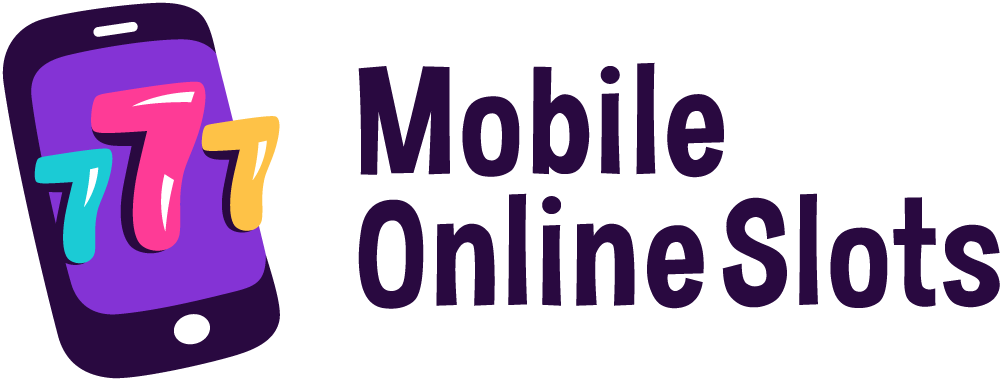The decision of where to play if you are a resident of France really boils down to whether or not you want to play at a site that is regulated by the government or not. Playing with the regulated sites will give players a much easier road to making deposits and withdrawals, and will also give you a better recourse should you have an issue with the casino that is not sorted out by the operator. Filing an official complaint with ARJEL will start an investigation that should give sites notice that they need to take better care of their players.
If you choose to go the unlicensed route, you may end up with a better set of promotions to choose from as these sites are more anxious to get you on board as a player. The trick will be getting money to the sites, but with so many third-party payment options these days, it is becoming easier to move balances around without using your credit cards.
We have reviewed many sites from both sides of the fence, and what we have come up with is a list of sites that we think will provide the best overall experience for our readers regardless of their licensing arrangements. You can click on any of these links to read a full review, which will give you more detail on the online slots each site offers along with feedback on the customer service departments.
Gambling Regulations in France
For a country that has contributed so much to the global gambling space, you may be surprised by the conservative approach the country has taken to legalizing and regulating the market, especially when it comes to online gambling. While there has been movement over the years, the country lags behind many others when it comes to leniency in this area. Let’s give you a quick overview of where gambling regulations stand in the country and what that means for online players looking for a place to play slots and Table Games.
France has had a centuries-old love affair with gambling. In fact, several games that are now seen in casinos around the world found their origin in France, becoming more popular globally in the last 100 years. There are card rooms in France, along with land-based casinos, but all of this was controlled by the government and state-run companies for the longest time.
One of the side effects of the formation of the European Union was that it was designed to allow free trade between the member nations. This meant the end of monopolistic behavior, and in most cases this included gambling. There was a lot of pressure on the French government to allow other casinos operators to do business in the country, and on top of that there were no regulations in place for the now popular online casinos that were taking tax revenue out of the pocket of the government.
The response to this growing pressure was the Gambling Act passed into law in 2010. Among the language in this new set of regulations was the establishment of a regulatory board to manage online gambling within France’s borders. The body, known as ARJEL, would be responsible for reviewing the applications and approving licenses.
The initial response to this opening of the market was strong, with dozens of companies coming forth to submit applications. However, despite this new arrangement allowing for legalized online gambling having a positive start, when licensees started operating in France, they quickly realized it wasn’t going to be as easy a road as they thought. The main issue was the incredibly high taxation rate for gaming, which was much higher than many of the other countries in the EU. Poker took the biggest hit, with a 2% additional tax taken from every pot. This, combined with the fact that French players were not allowed to mix with players from other countries, made it almost impossible for sites to be profitable.
The end result of this legislation is that many of the original licensees ended up leaving the market. Fortunately for the poker sites, the government relented and in 2016 entered into an agreement that created shared liquidity with Spain and Italy to give players larger player pools and sites a chance to earn more revenues. Through all of this, there are still offshore sites that offer their games to players from France, shunning the potential penalties that could be imposed by the government.
Online Casino Software Available to French players
Despite there being regulations in place, there are still many software companies that choose to stay open for French players even without a license. While this list may change as regulations change and the industry gets tighter, players from France still have access to some of the best quality slot machines, video poker and table games on the market, including games offered by these companies:
